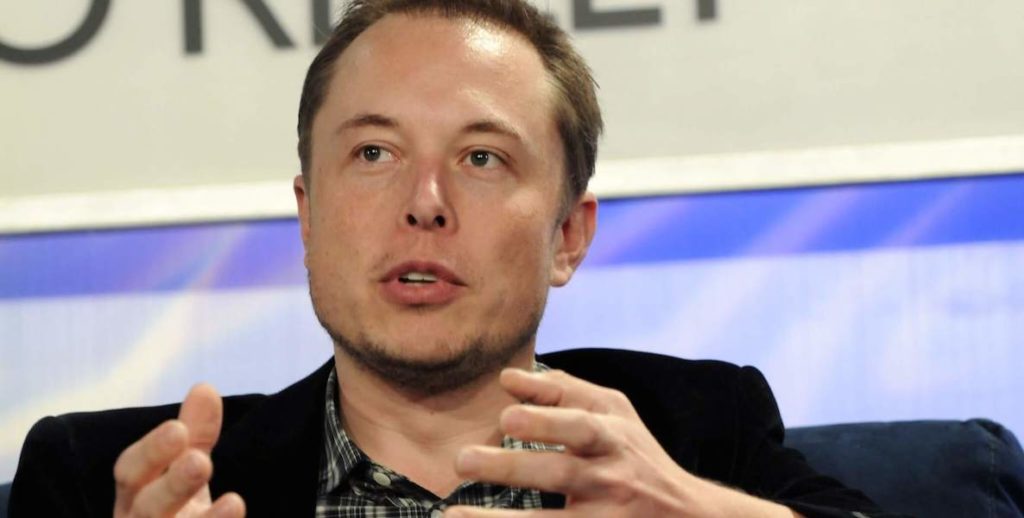In an attempt to take a break from the endless chatter around the 2020 election and its ongoing fallout last week, I started tuning into sports talk radio for some endless chatter around the NBA draft season now underway.
So why did talk about Dennis Rodman and his ilk get me thinking about Nate Silver and his ilk? Well, in an abstract but very real sense, both men made careers out of predicting the future.
In Silver’s case, it’s predicting who will win a presidential election based on information gleaned from dozens of polls. In Rodman’s, it was predicting where and when to seize a rebounding basketball based on its spin, trajectory and velocity. After the twin polling debacles of 2016 and 2020, I anticipate history may look more favorably on Rodman’s approach to prognostication.
Be it in sports, business and politics, the New Futurists know better than to tinker with improvements on a horse and buggy when a car is roaring down the road.
A great rebounder like Dennis Rodman honed a trigonometric sense through which he could anticipate the deflective arc and angle of a basketball before it collided with the backboard and move accordingly, just as a few other great visionaries have done in their respective métiers:
Where the rest of the world saw books as the static repositories of discrete chunks of information, as they had always been regarded, Jeff Bezos saw them as a means to pry open and eventually blow off the doors of online commerce.
Mark Zuckerberg saw the internet’s capacity for changing the pace and dynamics of social interaction, and proceeded not just to reshape the way we receive and share information, but to turn human eyeballs into real-time generators of billions in ad revenue.
Elon Musk (pictured above) observed that the mid-century “future” of flying cars and robot butlers hadn’t yet come to pass, so he set out to create it, grounding his fancies in the environmental anxiety that now motivates so many consumers.
A few days ago, the world learned of Dr. Ugur Sahin and Dr. Özlem Türeci, of BioNtech, whose happening upon a medical journal article about the coronavirus led to their development of what may be our most promising vaccine for the disease.
And, 2016 Donald Trump is also a member of this exclusive club. His apparently intuitive recognition four years ago that the American public had become embittered with the sunny, vacuous promises of Obama’s “hope and change,” and Clinton’s “forward together” slogans, paid off handsomely with his grim invocation of “American carnage.”
In 2016, Trump saw the spin of the zeitgeist, timed his golden escalator descent to a tee, and landed—improbably, it seemed at the time—in the White House. It turned out, Trump’s tune was one the country didn’t want to hear again, preferring (narrowly) Joe Biden’s rope-a-dope approach of strategic passivity and measured realism.
What these seemingly disparate actors, let’s call them the “New Futurists,” have in common, and what the pollsters lack, is an ability to observe and analyze phenomena in motion, to see real-time mutations and cross-connections across data sets, and the tools to exploit and scale insights toward their own ends.
The New Futurists may be good, bad or some combination thereof, because what they have in common is not a code of ethics but a cohort of skills, talent and a compulsion to turn the conceptual into the concrete.
Be it in sports, business or politics, the New Futurists know better than to tinker with improvements on a horse and buggy when a car is roaring down the road. These individuals recognize the imperative to either jump behind the wheel or at least get out of the way, while pundits, pollsters and talking heads are flattened into roadkill.
And let’s get real with ourselves, too; the New Futurists, those who have mastered the triumvirate of social mutation, timing of action, and scope of scale and execution, are the rulers of the road to tomorrow. And the fact is, the possession of those traits are not linked to any particular moral orientation.
To be at the mercy of the inclination of this elite cadre renders the rest of us, effectively, sheep. The New Futurists are both shepherds and foxes; on the one hand offering protection, and on the other, threatening to eat us.
From the vantage point of either, we are their subjects, at the mercy of their interests, divided among ourselves and theirs for the conquering. And we don’t need a poll to tell us that’s a recipe for disaster.
Ajay Raju, an attorney and philanthropist, is co-founder of The Citizen.

